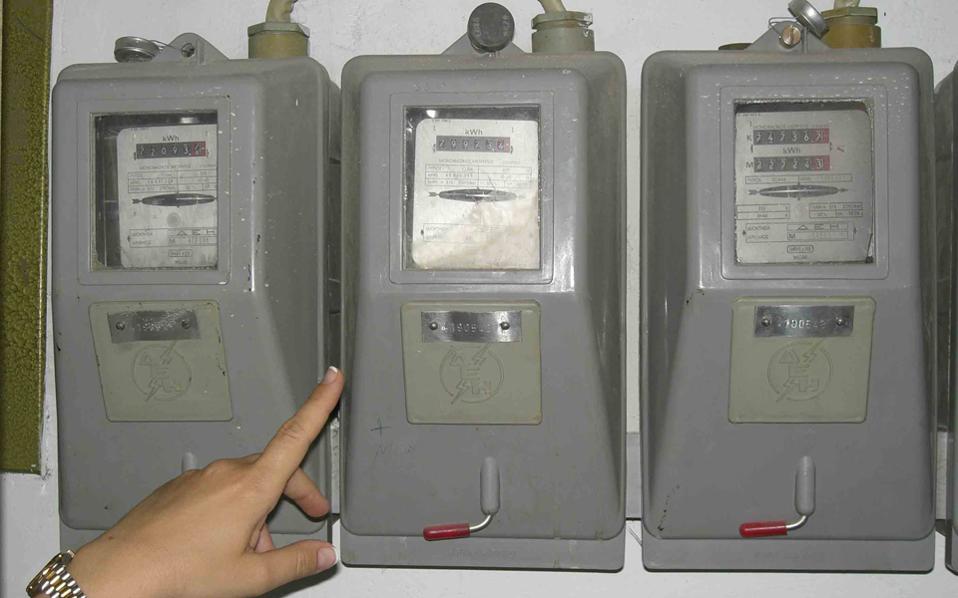Energy watchdog’s tips on switching providers

In a market where power companies are increasingly engaging call centers to advertise complex electricity packages over the telephone, consumers need to be cautious when considering switching energy providers, the Energy Regulatory Authority (RAE) says.
Although the consumers are becoming more and more aware that alternatives now exist to the former state monopoly Public Power Corporation (PPC), they need to take care when presented with packages, particularly over the phone.
In many cases, the discounts offered only relate to a small part of the overall energy bill and not to the various charges and taxes that all consumers must pay, regardless of their provider.
While the RAE has found that there can be substantial and significant benefits for the consumer in switching energy provider, it warns that changing energy company frequently incurs charges for the consumer.
When considering making a switch, consumers should follow the following three tips, according to the RAE’s Nektaria Karakatsani.
1. Be wary of discount rates. While they may seem remarkable, you need to be clear about what the proposed discount involves, the duration of the discount and the pricing policy for the remainder of the contract.
2. Know your electricity consumption needs and habits. Consumers should be familiar with the structure of their existing electricity bill, so you can evaluate the various products on offer from other providers. Key figures are annual consumption (based on recent years’ accounts but also on anticipated needs), an understanding of seasonal differences between winter and summer (especially if you use more than 2,000 KWh over a four-month period due to heating or air-conditioning needs), if you have a night tariff and what your power supply is (single- or three-phase).
3. Calculate the annual benefit. The safest indicator when comparing alternate providers is how much you stand to benefit annually. In some cases, the overall reduction in the bill is much less than the percentage highlighted by the telephone sales caller. If the contract runs for two years, the reduction may be much smaller in the second year. Pay particular attention in comparing daytime and nighttime rates and consumption.





